Author: Francine Crimmins
-
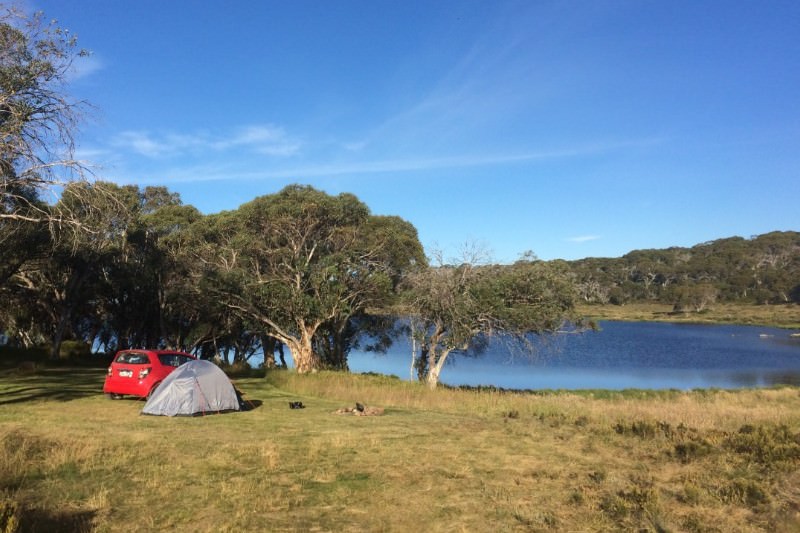
ENVIRONMENT
- Francine Crimmins
- 20 November 2019
4 Comments
Johnson describes this encounter as one of grandeur, the same feeling some adherents of religion experience when they visit a sacred site or enter a holy place of worship. In this way, nature is a mystical experience. It's the closest feeling I get to an overwhelming presence that is all encompassing and all forgiving at the same time.
READ MORE 
-

MEDIA
- Francine Crimmins
- 22 March 2019
5 Comments
The difficulty for journalists reporting emergencies is they're having to make important and hugely impactful ethical decisions right in the moment. In balancing those tough decisions, how often does the common good start drowning in what will draw the most attention from an audience, and away from competing news organisations?
READ MORE 
-
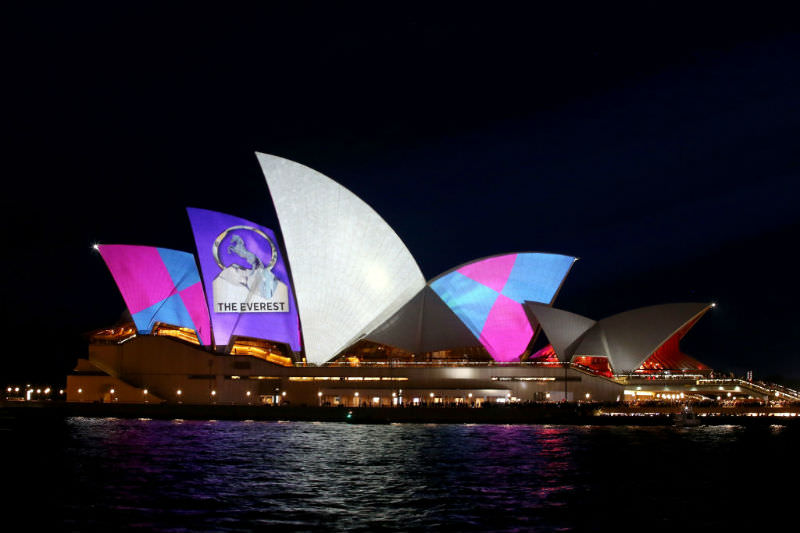
ENVIRONMENT
- Francine Crimmins
- 12 October 2018
5 Comments
There are a few ways an individual can interact with a public space. The first is to sit in or walk through it while crunching an apple. The second is to inhabit it, grow an apple tree and share it with others. The third is to grow the tree, pick the apples behind your neighbours' backs and sell them to Woolworths for a profit.
READ MORE 
-

ENVIRONMENT
- Francine Crimmins
- 10 May 2018
7 Comments
With every passing year the government is siloing its building and expansion funding from the money needed to prevent the environmental consequences. In this budget, we see an environmental agenda hijacked to reinforce ideas of growth, using environmental buzz words which convince constituents it's for the earth.
READ MORE 
-
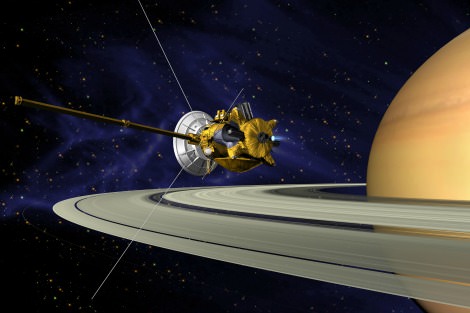
ENVIRONMENT
- Francine Crimmins
- 19 September 2017
11 Comments
In a ball of fire, Cassini's 20-year journey across the solar system came to an abrupt finale last week. The spacecraft's odyssey soon revealed not 12 but 62 moons orbiting the gas giant. The most significant of these is Titan, which harbours large quantities of liquid water, considered to be essential to the existence of life. Meanwhile back on Earth ...
READ MORE 
-
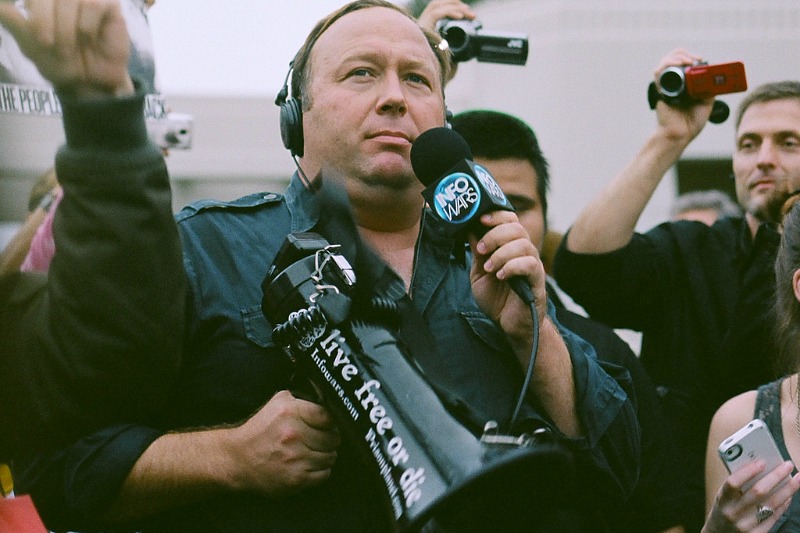
MEDIA
- Francine Crimmins
- 19 June 2017
4 Comments
The NBC has pushed ahead with its plans to air Megyn Kelly's interview with conspiracy theorist Alex Jones despite criticism from friends and family whose loved ones were killed in the Sandy Hook massacre, which Jones claims was 'staged by actors' and 'never happened'. This contentious interview has sparked a conversation about which forums should allow dissenting viewpoints and whether dangerous ideas should be given public airtime in a news context.
READ MORE 
-

ENVIRONMENT
- Francine Crimmins
- 11 May 2017
7 Comments
When Scott Morrison announced the 2017-18 Budget this week there was one phrase he didn't dare to utter in his meticulously written and rehearsed speech. It's just two short words, climate change, but when used together they conjure a public debate even our minister for the environment gets tongued tied over. Morrison's omission of climate change in the federal budget has set a tone of ignorance to improving energy policy in a meaningful way.
READ MORE 
-
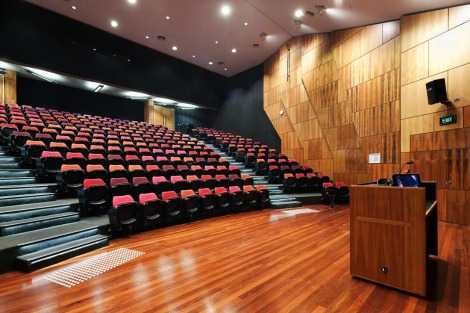
EDUCATION
- Francine Crimmins
- 08 May 2017
14 Comments
'We won't have classes next Monday because of the public holiday on Tuesday.' My tutor tells us this cheerily, as if he has done us a favour. I'm studying a degree that costs $4000 each semester, about $60 per hour of actual teaching time. This includes a subject where instead of being able to meet with faculty members, we must skype them. If that's not the most expensive skype call ever, perhaps the critics are correct, and young people should stop complaining about the potential increase of fees.
READ MORE 
-
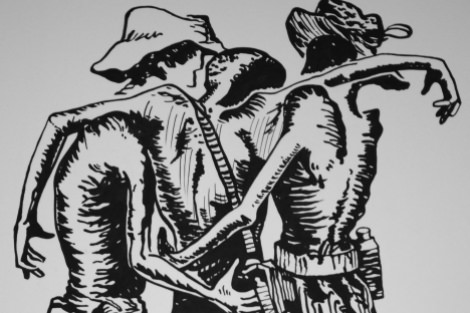
AUSTRALIA
- Francine Crimmins
- 28 April 2017
2 Comments
The air-conditioned bus offers a sanctuary from the tropical temperatures outside. It's hard to believe these are the same temperatures experienced by inmates over 70 years ago on this site. It is not often that we consider peace as something we must constantly work for. Often it is portrayed as something which can be achieved and then passed down to us. Changi reminds us we shouldn't become complacent in our memory of war because it might cause us to lose sight of how we keep peace today.
READ MORE 
-

AUSTRALIA
- Francine Crimmins
- 14 April 2017
15 Comments
As a millennial, I frequently find myself being told to stop complaining about housing affordability. It's all about working harder, saving more and, for goodness' sake, keeping off the avocado. As a young person, I'm concerned about using super, a system which was put aside for our economic welfare in retirement, as a savings account for instant gratification. The government is trying to solve the housing crisis not through direct action, but by encouraging young people into lifelong debt.
READ MORE 
-
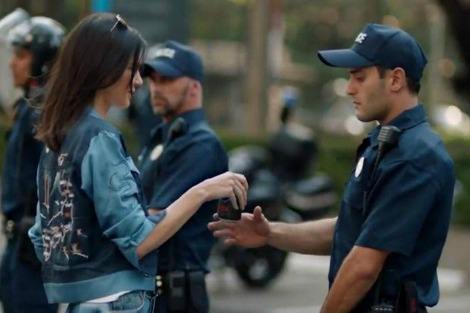
MEDIA
- Francine Crimmins
- 10 April 2017
3 Comments
Pepsi's advertisement has been accused of appropriating the struggle for race and gender equality in the name of its product. It makes sugar filled drinks seem like the key to stopping police brutality against people of colour, and simplifies the way people engage and make change in the world. The image of Kendall Jenner approaching police has been compared to the actions of Black Lives Matter protestor Leshia Evans. While Jenner manages to strike up a friendship, Evans was thrown to the ground.
READ MORE 
-

MEDIA
- Francine Crimmins
- 03 April 2017
4 Comments
I can think of many films I saw in childhood which still resonate because of their morals and characters. The dark and dangerous fire swamp of The Princess Bride, where Westley must wrestle with rabid beasts to save the damsel in distress, taught me about bravery. The Harry Potter series shows a boy who has suffered a great loss but finds community and purpose during his time at Hogwarts. There's something all these movies have in common: they were all about men.
READ MORE 